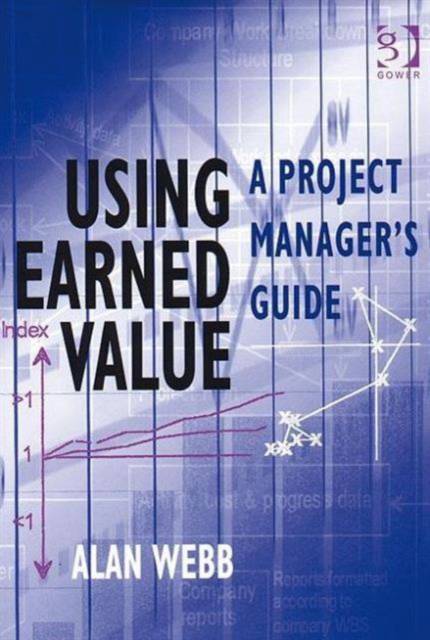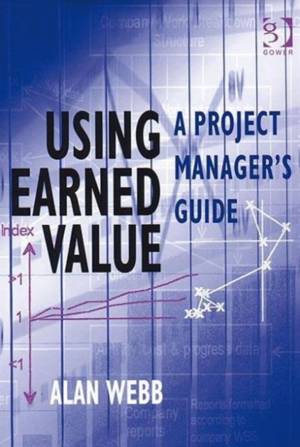
- Afhalen na 1 uur in een winkel met voorraad
- Gratis thuislevering in België vanaf € 30
- Ruim aanbod met 7 miljoen producten
- Afhalen na 1 uur in een winkel met voorraad
- Gratis thuislevering in België vanaf € 30
- Ruim aanbod met 7 miljoen producten
Zoeken
Omschrijving
The concept of 'earned value' as a project management tool has been around since the 1960s; although recognized as an important technique and widely used on US Government contracts, it failed to excite much interest in the wider world because of its specifically American requirements and the cumbersome, prescriptive bureaucracy that seemed to accompany it. Recently however, with the advent of suitable software and used in a much more flexible way, there has been a growth in interest among project managers. Crucially it has been recognised that this technique can be helpful in a wide variety of projects of almost any size, not just government projects costing billions of pounds. In essence, earned value allows the project manager a more precise view of actual project performance in terms of both value generated and schedule progress than is possible with any other approach. Alan Webb's concise guide provides practising project managers with everything they need to: [ assess the appropriateness and benefits of the earned value process for both their project(s) and their organization; [ appreciate, understand and learn the techniques involved; [ identify how to apply the data to manage projects with flexibility, pragmatism and rigour; [ understand the different features and benefits of the various software packages available; [ plan for the introduction of an earned value methodology, anticipating both the systems and people problems they may face. The book uses worked examples, cases and anecdotes from the author's own extensive experience to bring this technical subject to life. Alan's writing style is direct and economical, which means that whether you are dipping into chapters for reference or reading about the process from cover to cover, everything he has to say is pertinent and helpful.
Alleen bij Standaard Boekhandel
+ 364 punten op je klantenkaart van Standaard Boekhandel
Beoordelingen
We publiceren alleen reviews die voldoen aan de voorwaarden voor reviews. Bekijk onze voorwaarden voor reviews.












